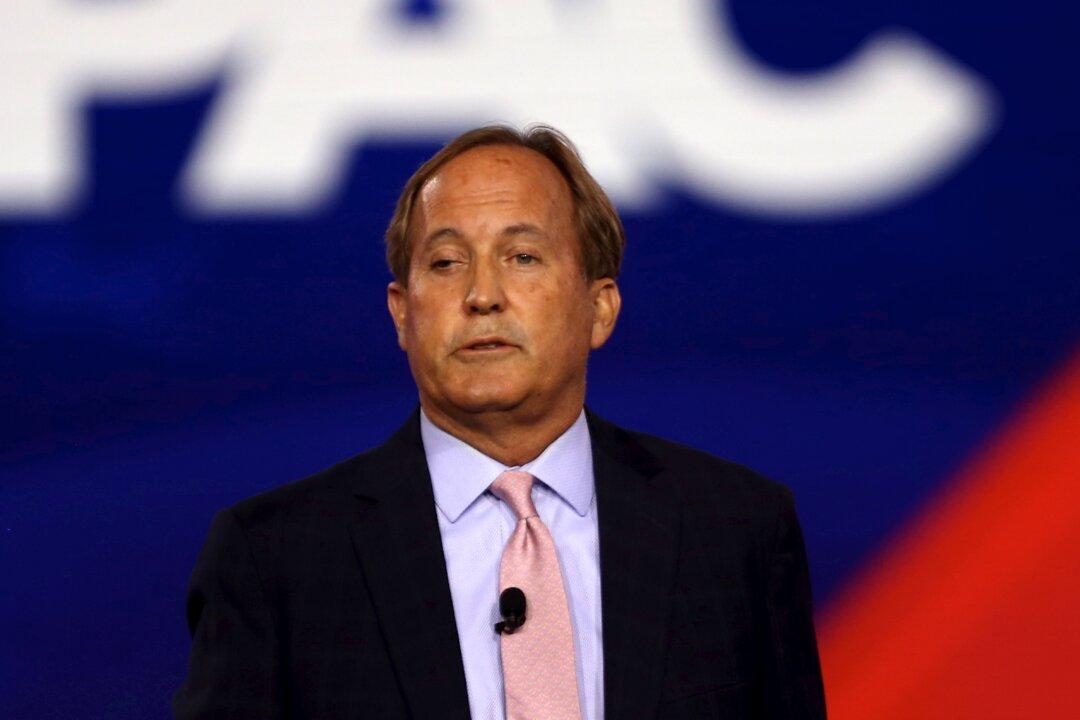Attorneys representing Texas Attorney General Ken Paxton have taken legal action against several Texas House Republicans and two Houston attorneys prosecuting Paxton, demanding they stop covertly contacting witnesses related to what they say is a meritless impeachment proceeding.
The letter (pdf) was sent on June 8 to Texas House Speaker Dade Phelan, the co-chairs of the Texas House General Investigating Committee Reps. Andrew Murr (R) and Ann Johnson (D), and to Houston attorneys Rusty Hardin and Dick DeGuerin.





